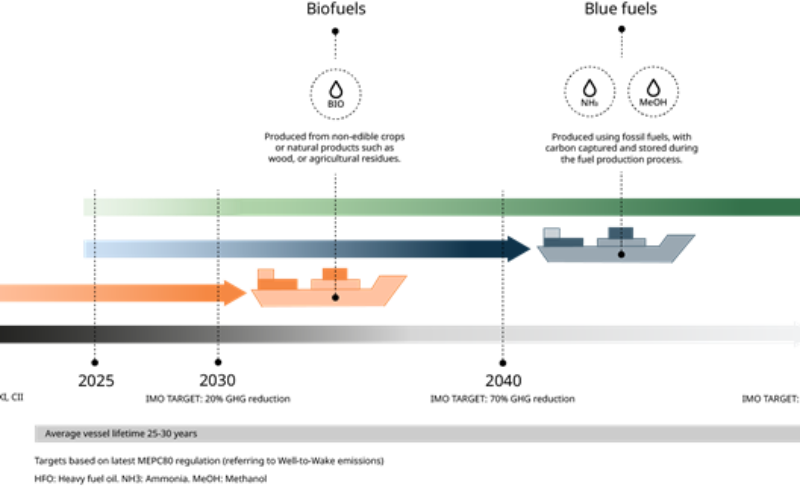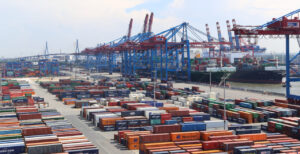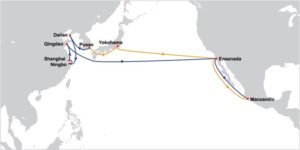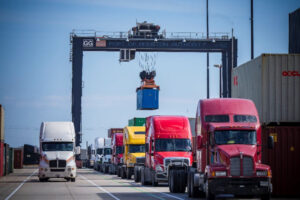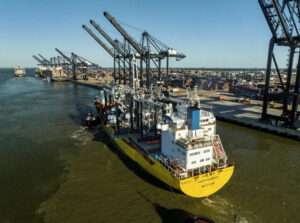Sustainable shipping fuels may attain cost parity with fossil fuels as early as 2035 if significant emissions policies such as carbon taxes and emission restrictions are implemented, found Wärtsilä in its latest report.
The report, titled ‘Sustainable fuels for shipping by 2050 – the 3 key elements of success’, reveals that the EU Emissions Trading Scheme (ETS) and FuelEU Maritime Initiative (FEUM) will see the cost of using fossil fuels more than double by 2030.
By 2035, the price gap between fossil fuels and renewable fuels is predicted to be closed for the first time.
Shipping, which transports 80 per cent of international trade, is the global economy’s engine room. Despite being the most efficient and environmentally friendly method of transporting commodities, it accounts for 2 per cent of world emissions, which is similar to Japan’s yearly emissions.
Without intervention, this figure might rise by more than 45 per cent by 2050, the report noted, while the International Maritime Organization (IMO) set a net zero emissions objective for 2050 in July 2023.
Existing decarbonisation solutions, such as fuel efficiency measures, could cut up to 27 per cent of emissions.
READ: Wärtsilä, Siem Offshore collaborate on decarbonisation solutions
According to Wärtsilä’s report, sustainable fuels will be an important step towards removing the remaining 73 per cent, but dramatic effort is required to scale them.
The industry has a “chicken and egg” problem: ship owners will not commit to a fuel that is costly, supplied in limited numbers, and might be replaced by another fuel that scales quicker and more economically.
Meanwhile, suppliers find it difficult to grow output in the absence of unambiguous demand indications.
Wärtsilä has developed new modelling that reveals when and at what cost certain fuels will become widely available on a global scale.
To accelerate this timeline, the report argues that decisive policy implementation, industry collaboration, and individual operator action must coalesce to scale the production of these fuels.
READ: Wärtsilä methanol engine tech to cut port emissions in North America
Roger Holm, President of Wärtsilä Marine and Executive Vice President at Wärtsilä Corporation, said: “Achieving net zero in shipping by 2050 will require all the tools in the toolbox, including sustainable fuels.
“As an industry, we must focus on coordinating action across policymakers, industry and individual operators to bring about the broad system change required to quickly and affordably produce a mix of sustainable fuels.
“Policy in Europe is showing just how impactful action at the international level can be, closing the cost gap between fossil- and low-carbon fuels for the first time.”

